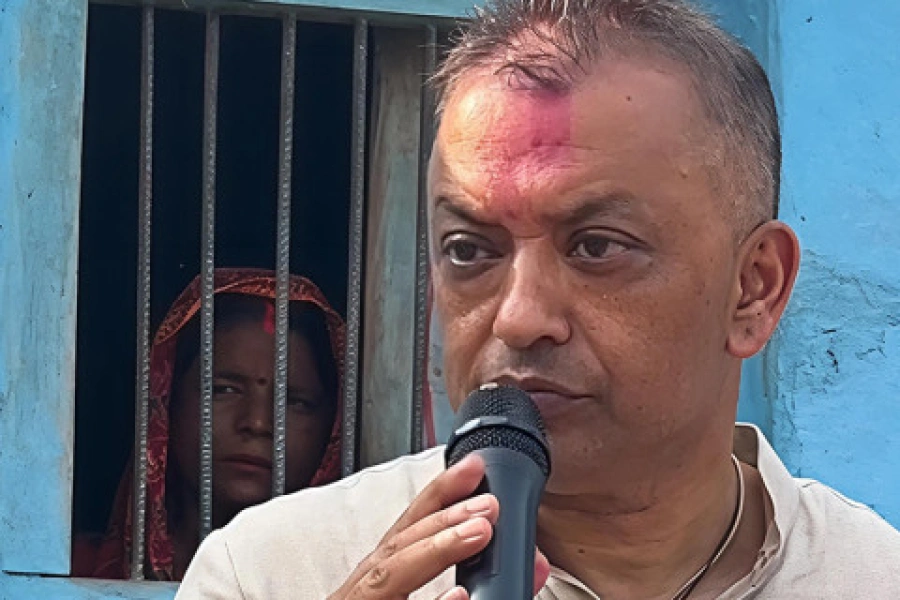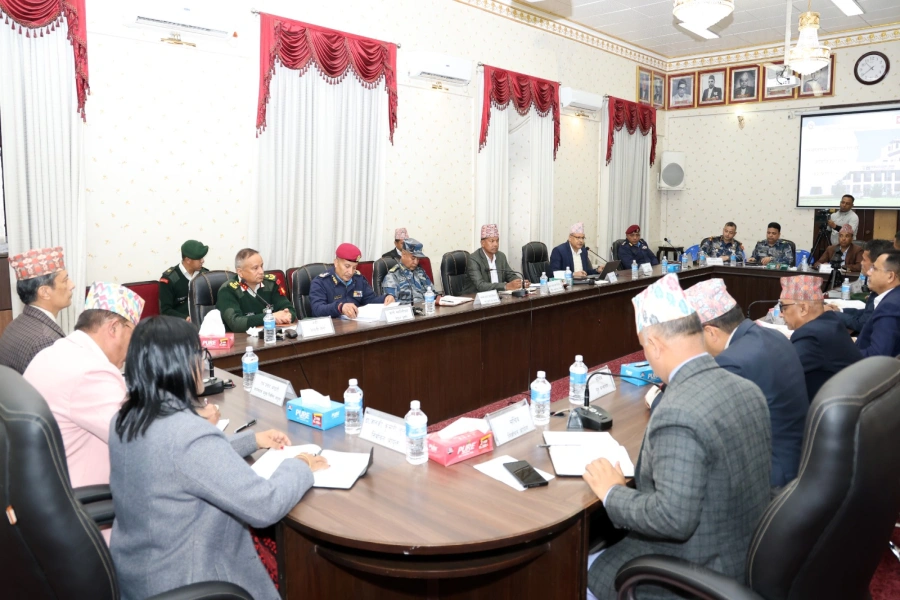KATHMANDU, Oct 11: Traffic police personnel in Kathmandu Valley are intensifying efforts to effectively implement the 'No Horn' campaign.
This initiative, aimed at reducing noise pollution in the valley, was launched some eight years ago. However, after noticing some negligence in compliance with the campaign, the traffic police personnel have become more vigilant.
The Kathmandu Valley was declared a ‘No Horn Zone’ on April 14, 2017. At that time, the "No Horn" initiative was launched as a campaign, raising awareness and promoting compliance among vehicle drivers. As a result, the unnecessary use of horns significantly decreased.
In recent years, the traffic police had become somewhat lax, leading to increased carelessness among drivers. Complaints have started to arise about the impact of indiscriminate honking on the health of pedestrians, especially children, the elderly and the sick.
Govt introduces amendments to vehicle and traffic management re...

In response, the Kathmandu Valley Traffic Office has begun to enforce stricter implementation of the ‘No Horn’ policy, according to Deputy Inspector General (DIG) Bharat Bohara.
“Recently, there have been complaints that vehicles have started honking again in areas without traffic police, and this has begun to impact public health. Therefore, we are enforcing stricter compliance with the 'No Horn' policy,” said DIG Bohara.
DIG Bohara stated that they are taking action against vehicles that honk unnecessarily in various locations. The direct evidence of this can be seen in the data on vehicles that have faced penalties.
In less than the first three months of the current fiscal year, more than 9,000 vehicles have already faced penalties. In the previous fiscal year (2023/24), a total of 10,123 vehicles were penalized for unnecessary honking. However, in just July, August, and first week of October of this year, 9,830 vehicles have already been penalized.
Generally, the average hearing capacity of a person is up to 26 decibels. However, sounds up to 60 decibels are considered acceptable for listening. Sounds at 70 decibels can be harmful to health.
Noise pollution can lead to a decline in hearing ability, increased blood pressure, heart attacks, strokes, respiratory system issues, and a decrease in memory function, among other effects.
In the Kathmandu Valley, which has millions of vehicles, indiscriminate modifications of silencers, removal of filters and motorcycles that produce loud noises along with pressure horns, create significant noise pollution.
Traffic police have requested motorists to use horns only when it is absolutely necessary.





























-1200x560-1771928761.webp)









